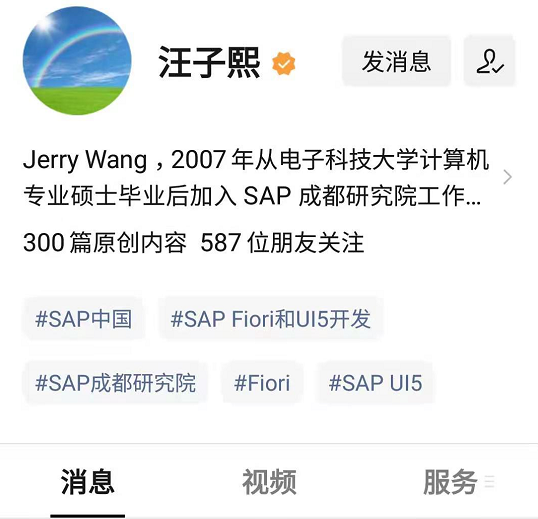Inject ActiveCartService in the Storefront AppModule constructor:
private cartService: ActiveCartService,
Call its API:
const loading$ = this.cartService.getLoading();
loading$.subscribe((data) => console.log('Jerry cart loading? ', data));Printed log:
Active-cart.service.d.ts contains only the parameter definition of the method:
If you want to view its implementation code, you still have to go to the Spartacus-core.js file of fesm2015 to view:
getLoading(): Observable<boolean> {
return this.cartSelector$.pipe(
map((cartEntity) => cartEntity.loading),
distinctUntilChanged()
);
}View the implementation of this.cartSelector$:
// Stream with active cart entity
protected cartSelector$ = this.activeCartId$.pipe(
switchMap((cartId) => this.multiCartService.getCartEntity(cartId))
);The assignment logic of cartSelector$: Take out cartId from activeCartId$ and call multiCartService to read it.
MultiCartService is only read from the store through the selector.
Assignment logic of ActiveCartId$:
// This stream is used for referencing carts in API calls.
protected activeCartId$ = this.userIdService.getUserId().pipe(
// We want to wait with initialization of cartId until we have userId initialized
// We have take(1) to not trigger this stream, when userId changes.
take(1),
switchMapTo(this.store),
select(MultiCartSelectors.getActiveCartId),
// We also wait until we initialize cart from localStorage. Before that happens cartId in store === null
filter((cartId) => cartId !== activeCartInitialState),
map((cartId) => {
if (cartId === '') {
// We fallback to current when we don't have particular cart id -> cartId === '', because that's how you reference latest user cart.
return OCC_CART_ID_CURRENT;
}
return cartId;
})
);Add a line of print statement to this file:
Sure enough, I saw this sentence:
Why the initial loading flag is true?
Knowing through debugging code:
This LoadCart inherits EntityLoadAction, so it also inherits the default load: true flag.
So when does it become false again?
After reading the call stack, I didn't see any Spartacus related code:
Only know that it must happen after Load Cart Success.
I saw a clue from map.js: this value contains the business data of the shopping cart:
And loading: false
This is our application code:
Take out the CartEntity from the Cart selector, call map, and map the loading field:
Cart data structure:
It can also be explained from this that it must be the second loading print triggered by Load Cart Success:
At this point, the cart data has returned, and loading is false:
More original articles by Jerry, all in: "Wang Zixi":





















**粗体** _斜体_ [链接](http://example.com) `代码` - 列表 > 引用。你还可以使用@来通知其他用户。